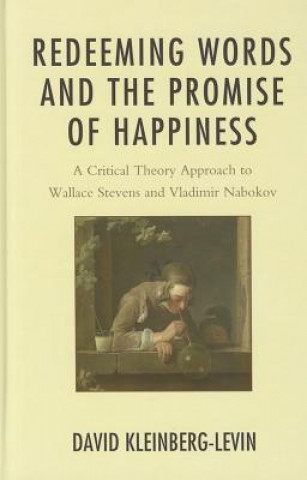
Kód: 01243766
Redeeming Words and the Promise of Happiness
Autor David Kleinberg-Levin
This book boldly crosses traditional academic boundaries, offering an original, philosophically informed argument about the nature of language, reading and interpreting the poetry of Wallace Stevens and the novels of Vladimir Nabo ... celý popis
- Jazyk:
 Angličtina
Angličtina - Vazba: Pevná
- Počet stran: 238
Nakladatelství: Lexington Books, 2012
- Více informací o knize

Mohlo by se vám také líbit
-

Cinema Militant
3241 Kč -

Time of Exile
495 Kč -

Allies with the Infidel
1160 Kč -

Ayesha: The Return of She
428 Kč -
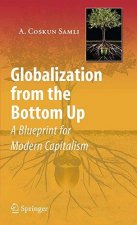
Globalization from the Bottom Up
1681 Kč -

Bacterial Circadian Programs
5094 Kč -

Hoffnung auf Freundschaft
526 Kč
Dárkový poukaz: Radost zaručena
- Darujte poukaz v libovolné hodnotě a my se postaráme o zbytek.
- Poukaz se vztahuje na celou naši nabídku.
- Elektronický poukaz vytisknete z e-mailu a můžete ihned darovat.
- Platnost poukazu je 12 měsíců od data vystavení.
Více informací o knize Redeeming Words and the Promise of Happiness
Nákupem získáte 390 bodů
 Anotace knihy
Anotace knihy
This book boldly crosses traditional academic boundaries, offering an original, philosophically informed argument about the nature of language, reading and interpreting the poetry of Wallace Stevens and the novels of Vladimir Nabokov. Redeeming Words and the Promise of Happiness is a work both in literary criticism and in philosophy. The approach is strongly influenced by Walter Benjamin's philosophy of language and Theodor Adorno's aesthetic theory, but the other philosophers-notably Plato, Kant, Hegel, Emerson, Nietzsche, Heidegger, and Wittgenstein-figure significantly in the reading and interpretation. Kleinberg-Levin argues that despite its damaged, corrupted condition, language is in its very existence the bearer of a utopian or messianic promise of happiness. Moreover, he argues, by reconciling sensuous sense and intelligible sense; showing the sheer power of words to create fictional worlds and deconstruct what they have just created; and redeeming the revelatory power of words-the power to turn the familiar into something astonishing, strange or perplexing-the two writers in this study sustain our hope for a world of reconciled antagonisms and contradictions, evoking in the way they freely play with the sounds and meanings of words, some intimations of a new world-but our world here, this very world, not some heavenly world-in which the promise of happiness might be redeemed. Reflecting on the poetry of Stevens, Kleinberg-Levin argues that the poet defies the correspondence theory of truth so that words may be faithful to truth as transformative and revelatory. He also argues that in the pleasure we get from the sensuous play of words, there is an anticipation of the promise of happiness that challenges the theological doctrine of an otherworldly happiness. And in reading Nabokov, Kleinberg-Levin shows how that writer inherits Mallarme's conception of literature, causing with his word plays the sudden reduction of the fictional world he has just created to its necessary conditions of materiality. The novel is revealed as a work of fiction; we see its conditions of possibility, created and destroyed before our very eyes. But the pleasure in seeing words doing this, and the pleasure in their sensuous materiality, are intimations of the promise of happiness that language bears. Using a Kantian definition of modernism, according to which a work is modernist if it reveals and questions inherited assumptions about its necessary conditions of possibility, these studies show how and why both Stevens and Nabokov are exemplars of literary modernism.
 Parametry knihy
Parametry knihy
Zařazení knihy Knihy v angličtině Language linguistics Philosophy of language
3903 Kč
- Plný název: Redeeming Words and the Promise of Happiness
- Autor: David Kleinberg-Levin
- Jazyk:
 Angličtina
Angličtina - Vazba: Pevná
- Počet stran: 238
- EAN: 9780739177518
- ISBN: 0739177516
- ID: 01243766
- Nakladatelství: Lexington Books
- Hmotnost: 513 g
- Rozměry: 235 × 158 × 23 mm
- Datum vydání: 15. August 2012
Oblíbené z jiného soudku
-
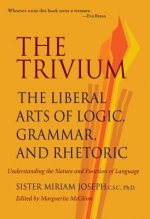
Trivium
525 Kč -

Making the Social World
303 Kč -
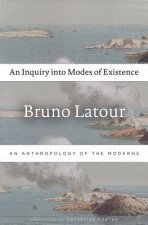
Inquiry into Modes of Existence
903 Kč -

Language Instinct
357 Kč -

Essential Chomsky
500 Kč -

Practice Makes Perfect English Articles and Determiners Up Close
333 Kč -

Rosicrucian Manual
395 Kč -

Making It Explicit
1357 Kč -

Image Music Text
276 Kč -

Practice Makes Perfect English Pronouns and Prepositions, Second Edition
374 Kč -

Constructing the World
2060 Kč -

How Language Works
357 Kč -

Construction of Social Reality
357 Kč -

What Kind of Creatures Are We?
360 Kč -
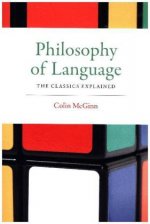
Philosophy of Language
1034 Kč -
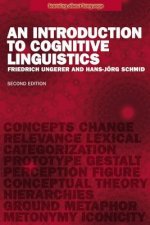
Introduction to Cognitive Linguistics
2255 Kč -

Language Hoax
366 Kč -
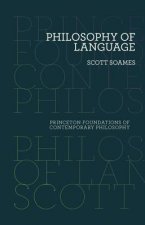
Philosophy of Language
647 Kč -

More than Cool Reason
834 Kč -
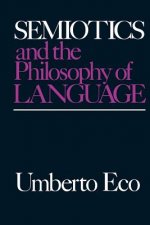
Semiotics and the Philosophy of Language
627 Kč -
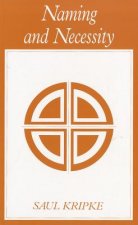
Naming and Necessity
715 Kč -

Latin
782 Kč -
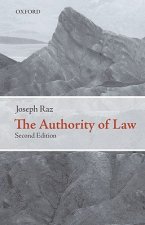
Authority of Law
1354 Kč -

Ascent of Babel
2439 Kč -

Inferentialism
4204 Kč -

Process Philosophy of Signs
853 Kč -
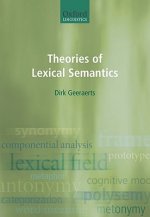
Theories of Lexical Semantics
1584 Kč -

Critical Introduction to the Philosophy of Language
1575 Kč -
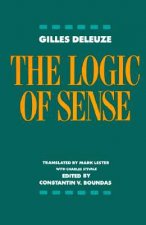
Logic of Sense
652 Kč -

Philosophy of Language
1478 Kč -

From Hand to Mouth
1185 Kč -
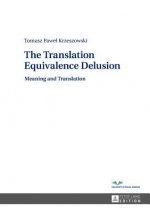
Translation Equivalence Delusion
2772 Kč -
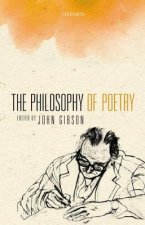
Philosophy of Poetry
3022 Kč -
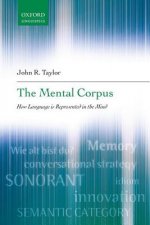
Mental Corpus
1526 Kč -
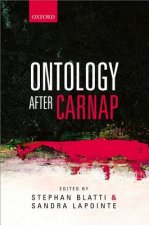
Ontology after Carnap
2929 Kč -

How to Do Things with Words
1480 Kč -
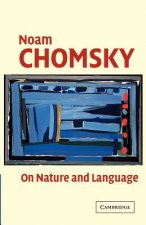
On Nature and Language
1400 Kč -

Decoding Chomsky
291 Kč -
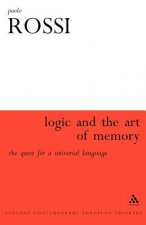
Logic and the Art of Memory
3552 Kč -
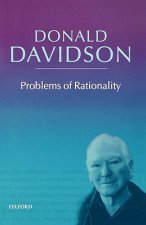
Problems of Rationality
1671 Kč -

Practice Makes Perfect English Verb Tenses Up Close
510 Kč -

Language Animal
982 Kč -
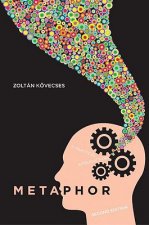
Metaphor
1352 Kč -
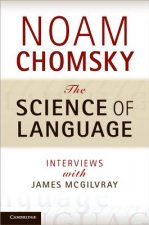
Science of Language
890 Kč -

Literary Mind
746 Kč -

What Kind of Creatures Are We?
580 Kč -

Language, Proof, and Logic
2343 Kč -
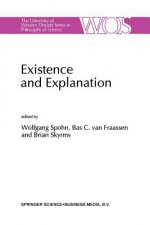
Existence and Explanation
5094 Kč -
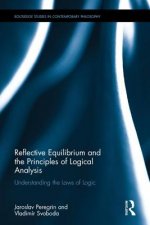
Reflective Equilibrium and the Principles of Logical Analysis
5755 Kč
Osobní odběr Praha, Brno a 12903 dalších
Copyright ©2008-24 nejlevnejsi-knihy.cz Všechna práva vyhrazenaSoukromíCookies



 Vrácení do měsíce
Vrácení do měsíce 571 999 099 (8-15.30h)
571 999 099 (8-15.30h)